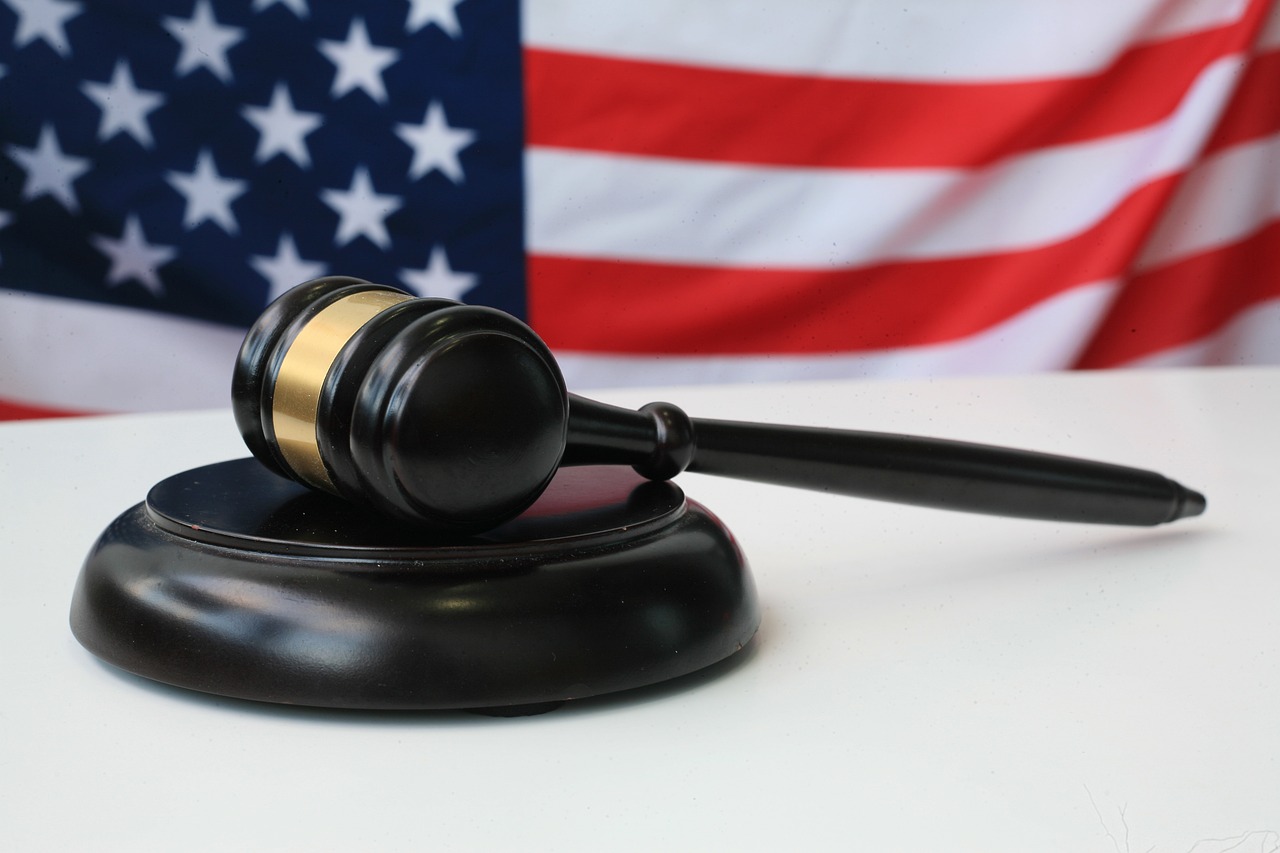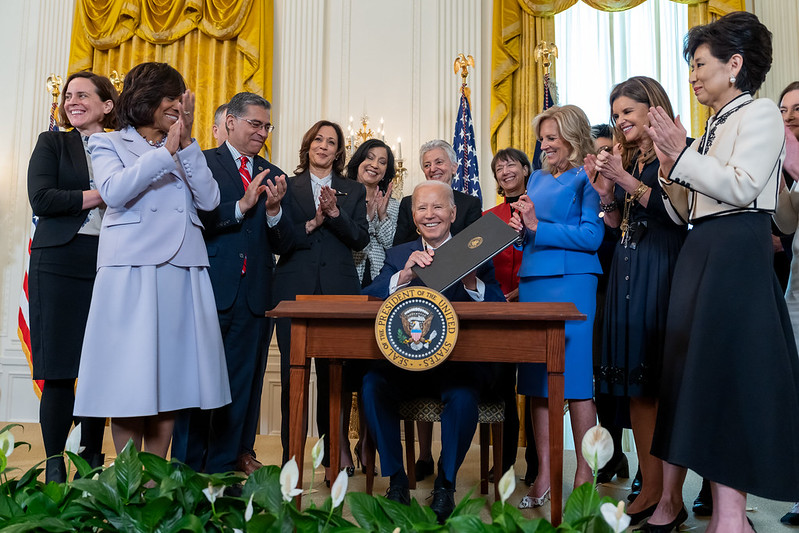 We have new developments to report relating to pending litigation for parole in place applications in the case Texas et. al. vs. DHS et. al., Case No. 6:24-cv-00306 (E.D. Tex.).
We have new developments to report relating to pending litigation for parole in place applications in the case Texas et. al. vs. DHS et. al., Case No. 6:24-cv-00306 (E.D. Tex.).
Yesterday evening, federal Judge J. Campbell Barker of the Eastern District Court of Texas issued a court order extending his previous administrative stay on parole in place (PIP) approvals for an additional 14-day period expiring on September 23, 2024.
The judge’s initial stay (of August 26th), which was set to expire on September 9, 2024, will now continue through September 23rd.
What does this mean for parole in place applications?
While the administrative stay is in place, those eligible for parole in place under the Keeping Families Together program can continue to submit the online Form I-131F, Application for Parole in Place for Certain Noncitizen Spouses and Stepchildren of U.S. Citizens with the U.S. Citizenship and Immigration Services (USCIS).
USCIS will also continue to issue biometrics appointment notices to capture applicant biometrics during the administrative stay.
However, USCIS is prohibited from approving applications received for as long as the administrative stay is in place (currently until September 23rd)
This is because the Texas lawsuit challenges the legality of the Keeping Families Together program and approvals must be paused while the parties in the case make their arguments before the court, and a final ruling is made.
What’s next in the Texas lawsuit?
The court has ordered an accelerated hearing where motions for preliminary and permanent relief will be heard on September 18th. The accelerated proceedings in this case mean that the judge could make a decision on the merits of the case in the coming months. However, despite the outcome in this case appeals are likely to be filed in district court.
Can the judge extend the administrative stay past September 23rd?
Yes. The judge may decide to extend the administrative stay past September 23rd in the future if it finds that good cause exists to do so throughout the litigation process.
 Visa Lawyer Blog
Visa Lawyer Blog








